
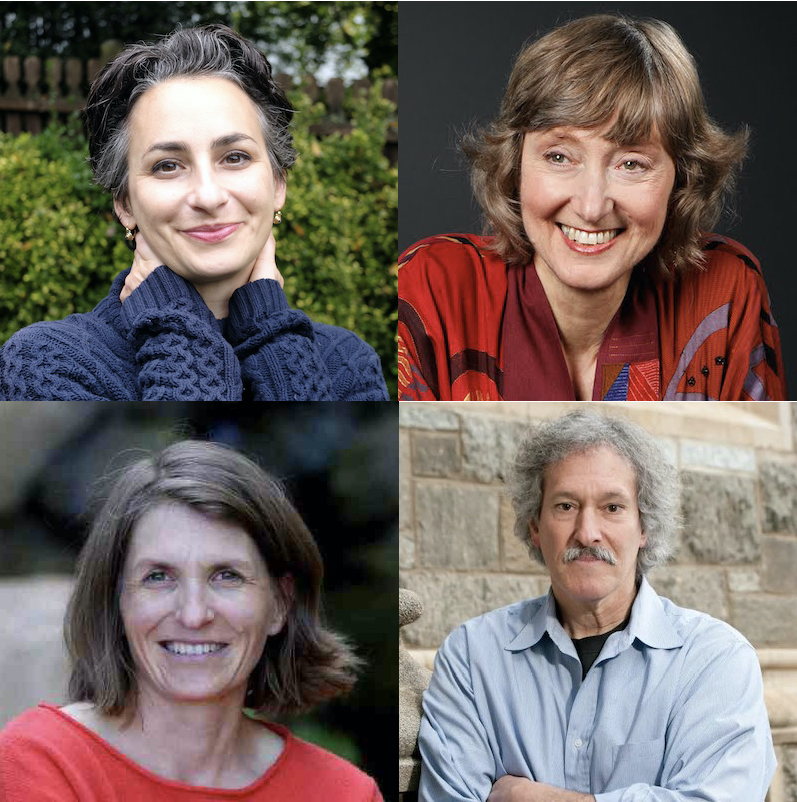
CONFERENCE: Identity and the Arts
FEATURING Libby Copeland, Ori Z Soltes
Deborah Tannen and Oksana Yakushko
December 1, 2021 @ 12:00 pm - 1:30 pm
| FreeWhat is it that defines human identity? DNA? Language? Culture? Landscape? Polity? Or is it a combination of all of these factors? How do the sources of identity make it easy or difficult for individuals who migrate from one location to another—by choice or under duress—not merely to adapt but to become fully comfortable within their new home?
In this brief Zoom Conference, an interdisciplinary panel of experts considers how identity is shaped by our genomic make-up; how it is affected by the migration from home to new and different dwelling places; and how, in particular, migrational shifts can affect artists and their creative process.
Expert Panel:
Libby Copeland, Award-winning journalist and author
Ori Z Soltes, Teaching Professor at Georgetown University in Washington DC
Deborah Tannen, University Professor and Professor of Linguistics at Georgetown University in Washington DC
Oksana Yakushko, Practicing Psychoanalytic Psychologist and Professor of Clinical psychology at Pacifica Graduate Institute in Carpinteria, CA
The presentations will be followed by questions to the speakers posed by the moderator as well as by audience Q & A.
Moderated by
Rachel Stern, Founding Director of the Fritz Ascher Society
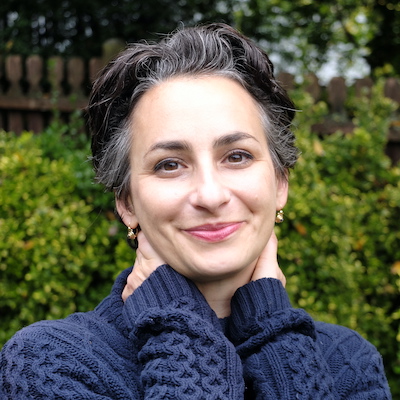
Libby Copeland
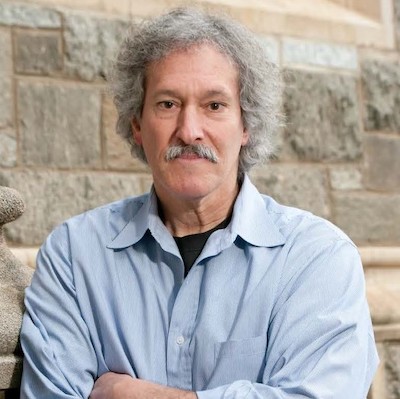
Ori Z Soltes
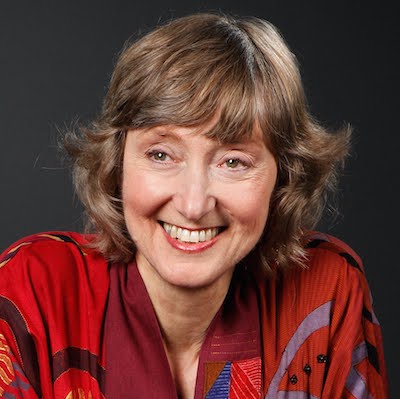
Deborah Tannen
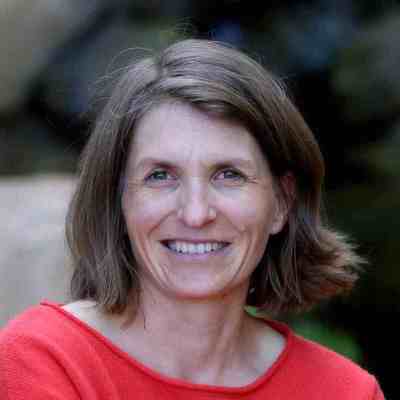
Oksana Yakushko
Libby Copeland is an award-winning journalist and author, who writes about culture, science, and human behavior. As a freelance journalist, she writes for such media outlets as The Atlantic, Slate, New York, Smithsonian, The New York Times, The New Republic, Esquire.com, and The Wall Street Journal. Her book, The Lost Family: How DNA Testing is Upending Who We Are, was published by Abrams Press in 2020. The Lost Family explores the rapidly evolving phenomenon of home DNA testing, its implications for how we think about family and ourselves, and its ramifications for American culture broadly. The Wall Street Journal says it’s “a fascinating account of lives dramatically affected by genetic sleuthing.” The New York Times writes, “Before You Spit in That Vial, Read This Book.” The Washington Post says The Lost Family “reads like an Agatha Christie mystery” and “wrestles with some of the biggest questions in life: Who are we? What is family? Are we defined by nature, nurture or both?”
Deborah Tannen is University Professor and Professor of Linguistics at Georgetown University. Her 26 books (13 authored, 13 edited or co-edited) apply linguistic analysis to everyday conversation. Outside the Academy, she is best known as the author of You Just Don’t Understand: Women and Men in Conversation, which was on the New York Times best seller list for nearly four years, and has been translated into 31 languages. Her books You’re Wearing That?, about mothers and grown daughters, and You Were Always Mom’s Favorite!, about sisters, were also New York Times best sellers. She has published poems, short stories, and personal essays. Her play “An Act of Devotion” is included in The Best American Short Plays 1993-1994. Her most recent book, Finding My Father: His Century-Long Journey from World War I Warsaw and My Quest to Follow, was published last year.
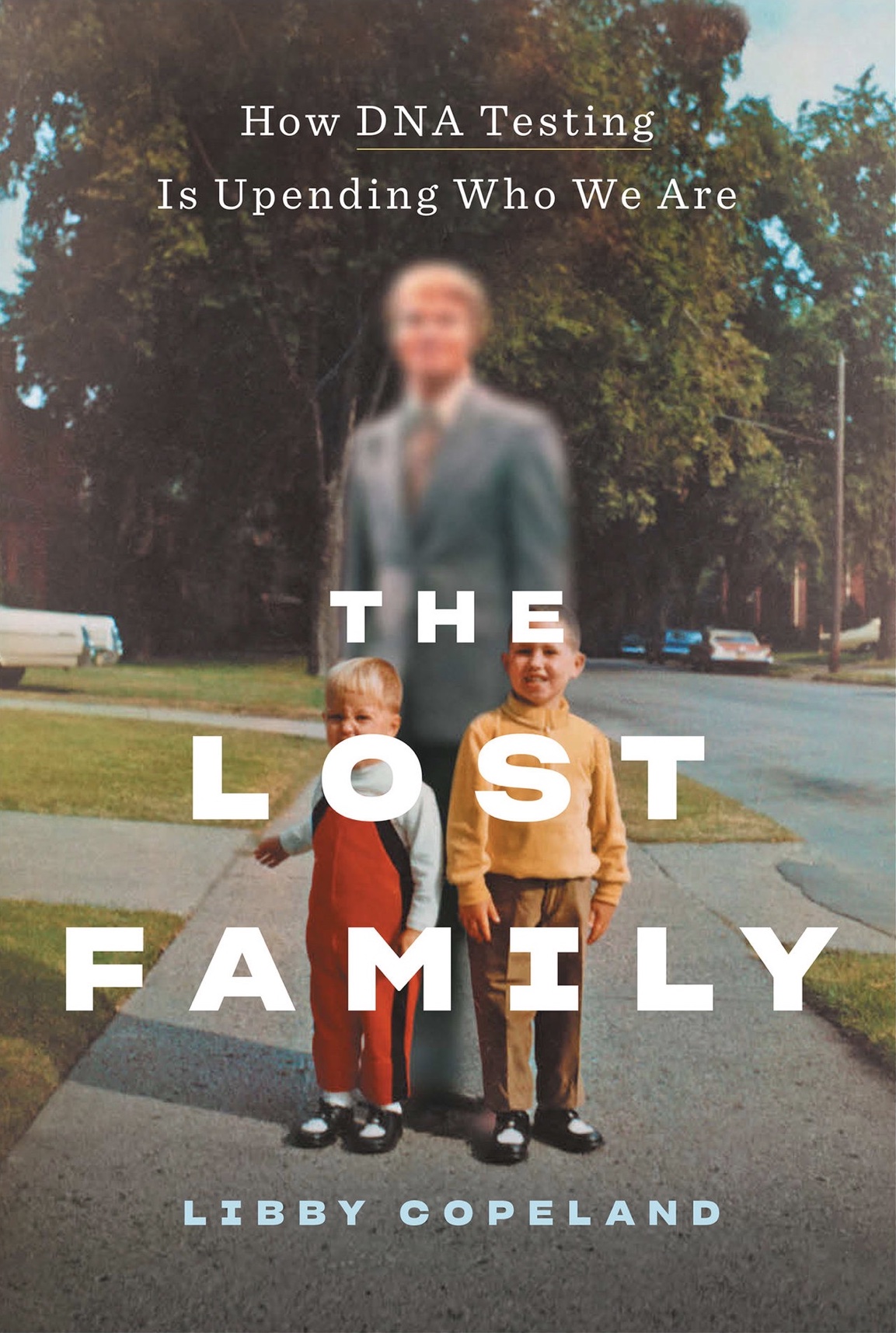
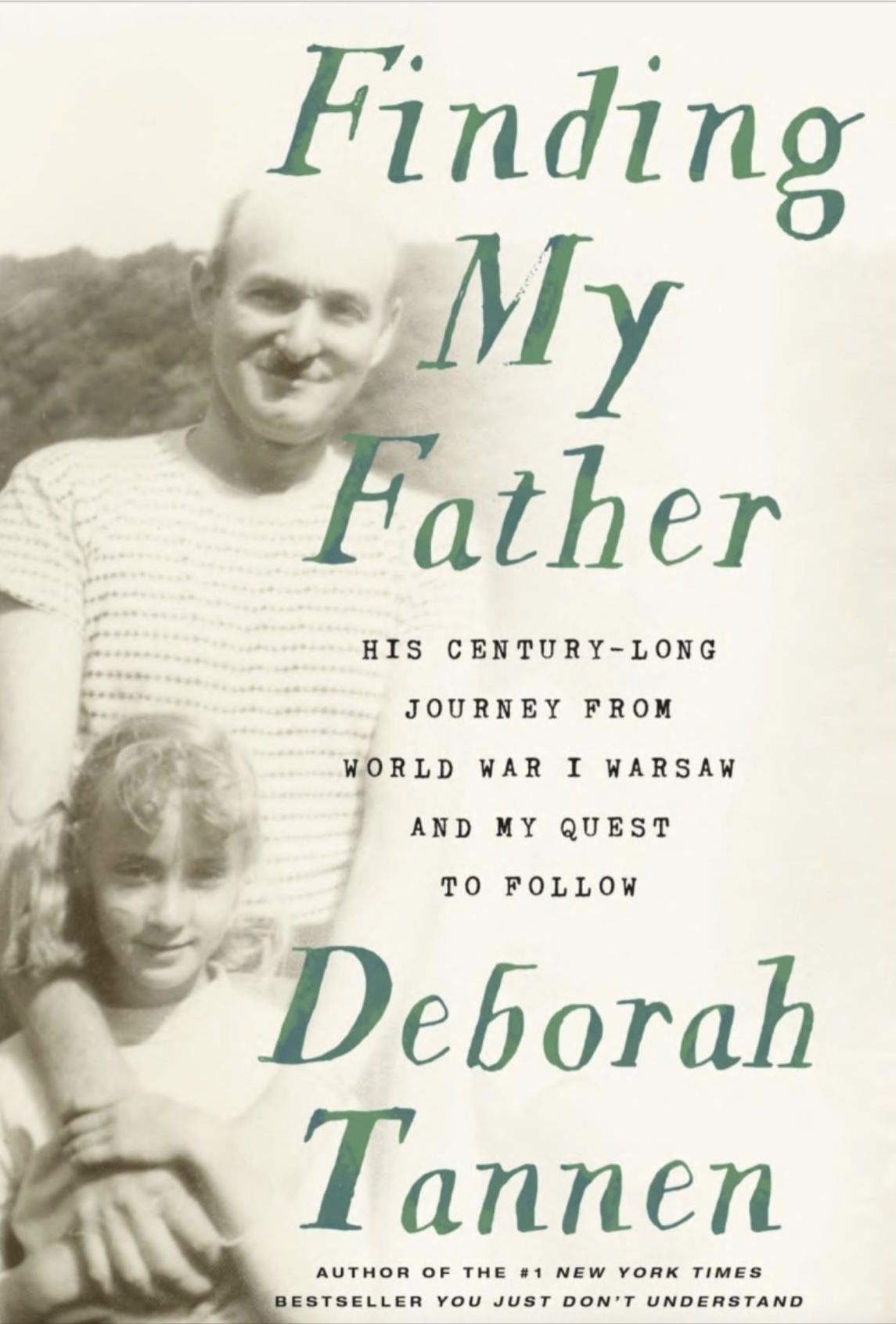
Oksana Yakushko is a professor of clinical psychology at Pacifica Graduate Institute (Carpinteria, CA) and a practicing psychoanalytic psychologist in Santa Barbara, CA. Her research has focused on immigration, specifically xenophobia, human trafficking and immigrant experiences. In addition, she studies past and present day eugenic sciences in relation to varied forms of racism, sexism, xenophobia and other forms of prejudice. She is a Board member of the psychoanalytic division of the American Psychoanalytic Association, a Fellow of the APA, and a recipient of many awards, including the 2021 top leadership award for women in psychology.
Ori Z Soltes teaches at Georgetown University across the disciplines of theology, art history, philosophy and politics. He is the former Director and Curator of the B’nai B’rith Klutznick National Jewish Museum where he curated some 80 exhibitions. He is the author of several hundred articles and catalogue essays, and the author or editor of 25 books, including The Ashen Rainbow: The Holocaust and the Arts; Symbols of Faith: How Jewish, Christian, and Muslim Art Draw from the Same Source; and Tradition and Transformation: A Comprehensive Exploration of Three Millennia of Jewish Art and Architecture, which will be published early 2022, richly illustrated in color.
Rachel Stern is the Founding Director and CEO of The Fritz Ascher Society for Persecuted, Ostracized and Banned Art. Born and educated in Germany, she worked for ten years in the Department of Drawings and Prints at the Metropolitan Museum of Art in New York. She is a 2018 recipient of the Hans and Lea Grundig Prize, in recognition of her research about the artist Fritz Ascher (Berlin, 1893-1970), the international traveling exhibition and the book The Expressionist Fritz Ascher/ Leben ist Glühn: Der Expressionist Fritz Ascher (Cologne: Wienand 2016). Last year, she published a selection of poems, Fritz Ascher. Poesiealbum 357 and edited, with Julia Diekmann, the exhibition catalogue The Lonely Man. Clowns in the Art of Fritz Ascher / Der Vereinsamte. Clowns in der Kunst Fritz Aschers (1893-1970).
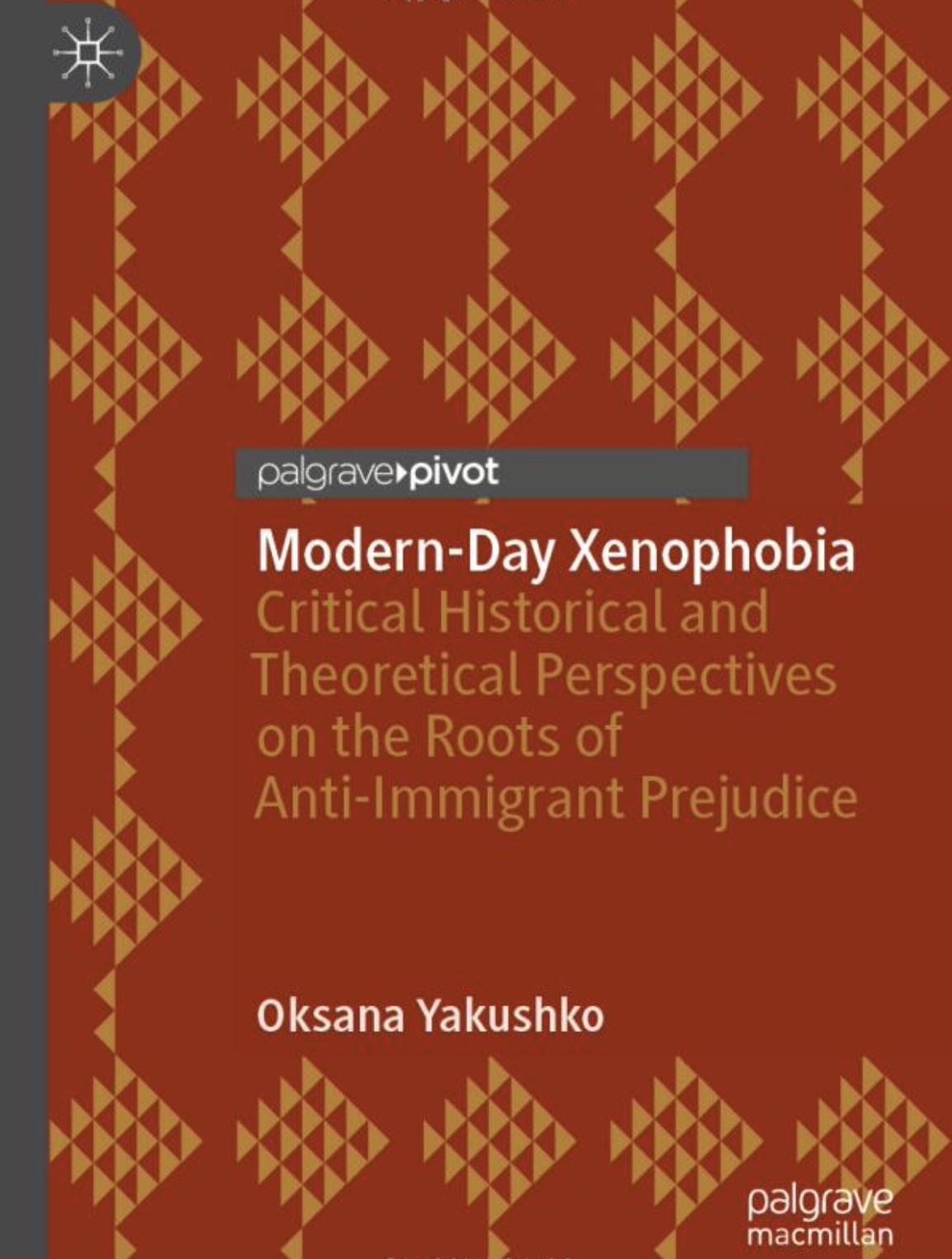
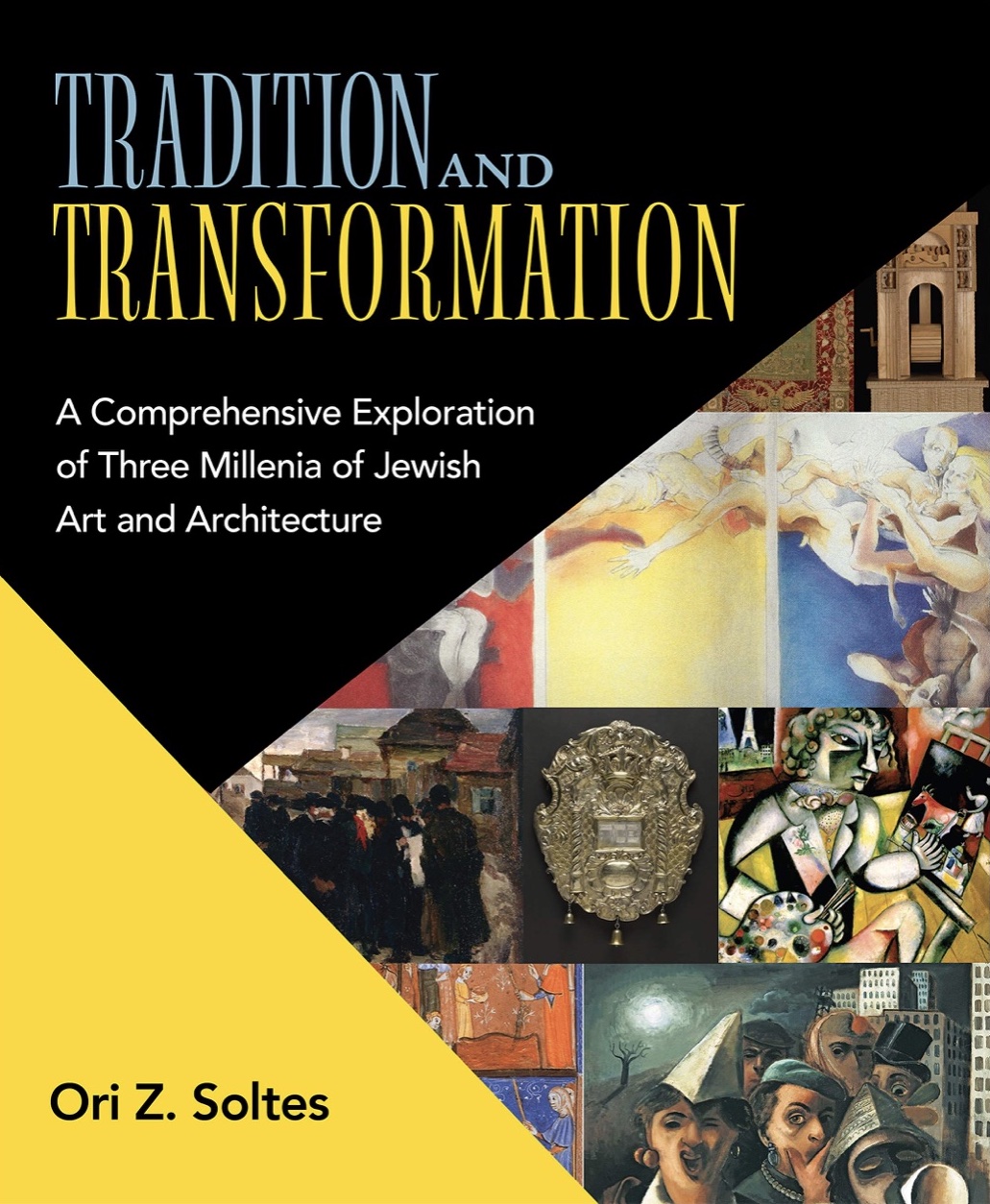
In the online project “Identity, Art and Migration” we investigate US immigration of European refugees during the first half of the 20th century through the lens of seven artist case studies: Anni Albers, Friedel Dzubas, Eva Hesse, Rudi Lesser, Lily Renee, Arthur Szyk and Fritz Ascher.
Each one of the seven artists featured in this project was affected in different ways by Nazi policies and came as a refugee to the United States, to remain or not to remain here—or hiding within Germany throughout the war. The life and work of each of these artists addresses the issue of identity and the particulars of its expression from slightly different angles. As a compendium, they all serve as an intensified and emphatic articulation of the broader issues of relocation, transformation and the psychological and cultural self as a centerpiece of human being.
Generously sponsored by the Consulate General of the Federal Republic of Germany in New York.


